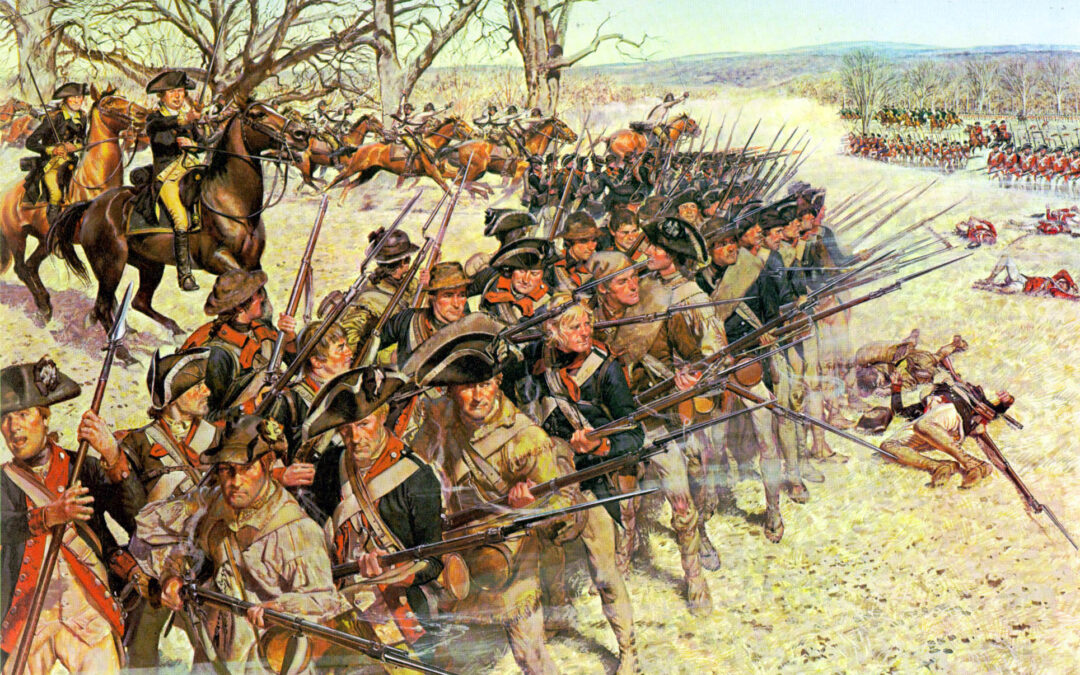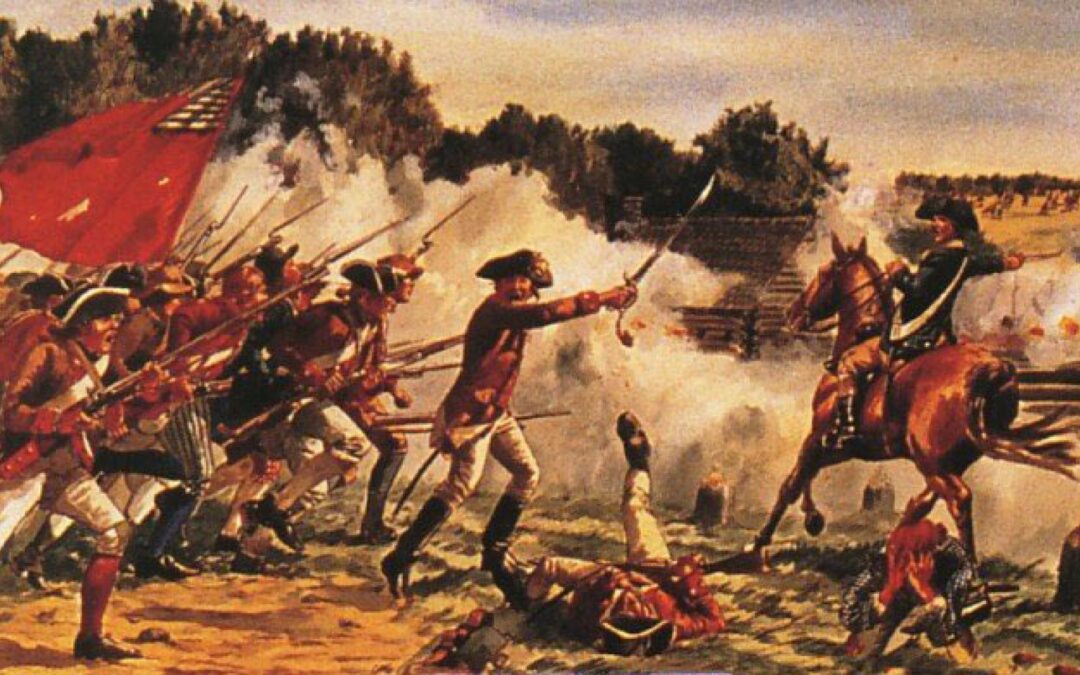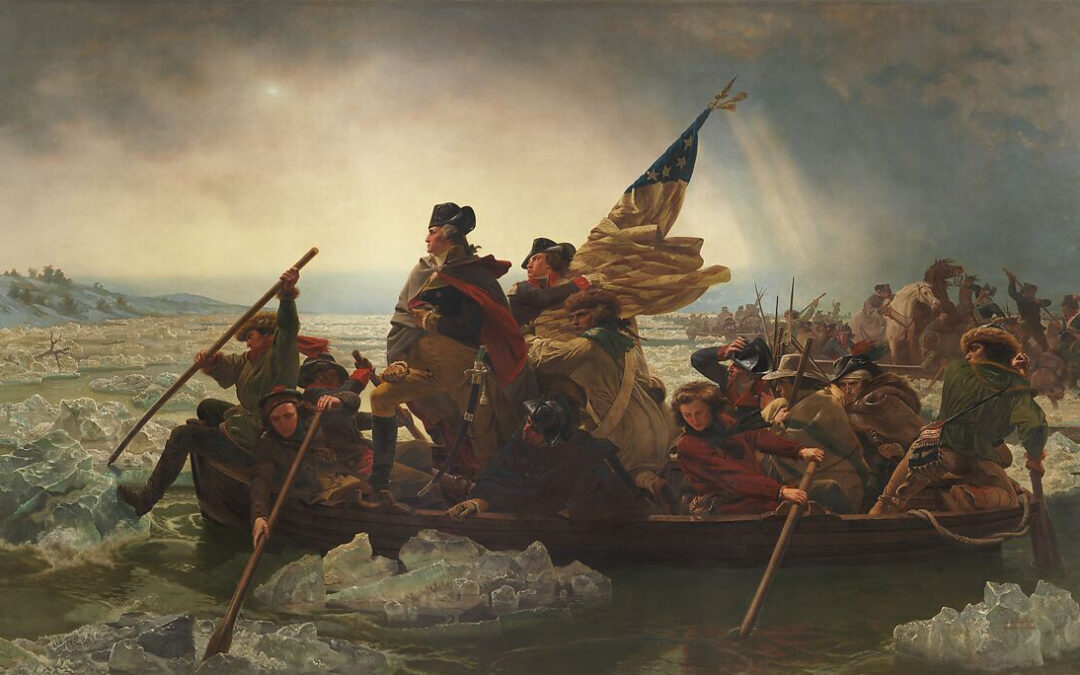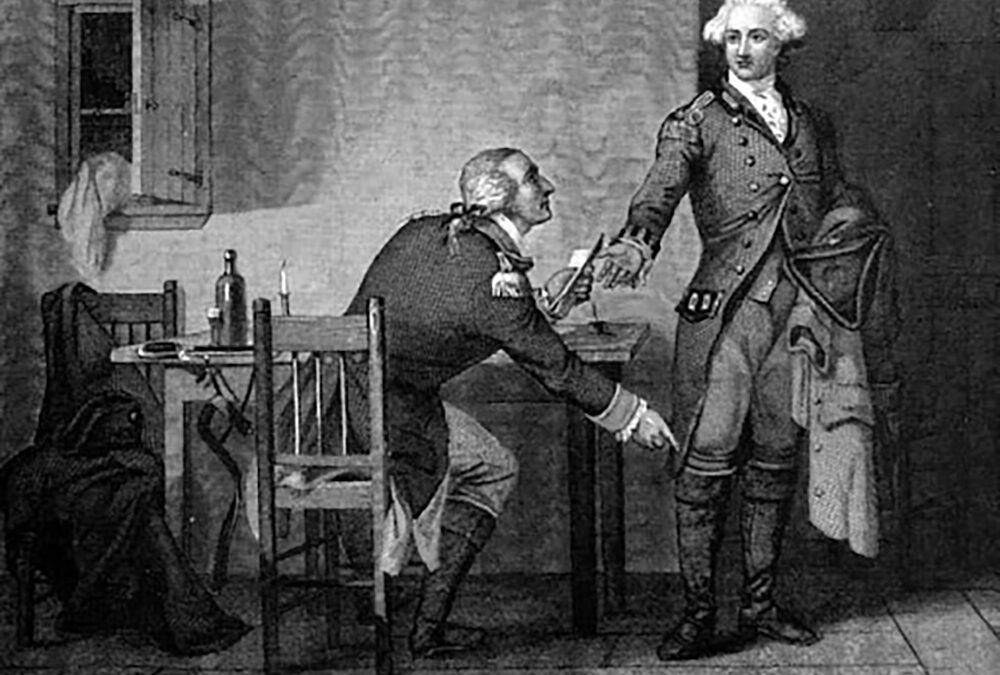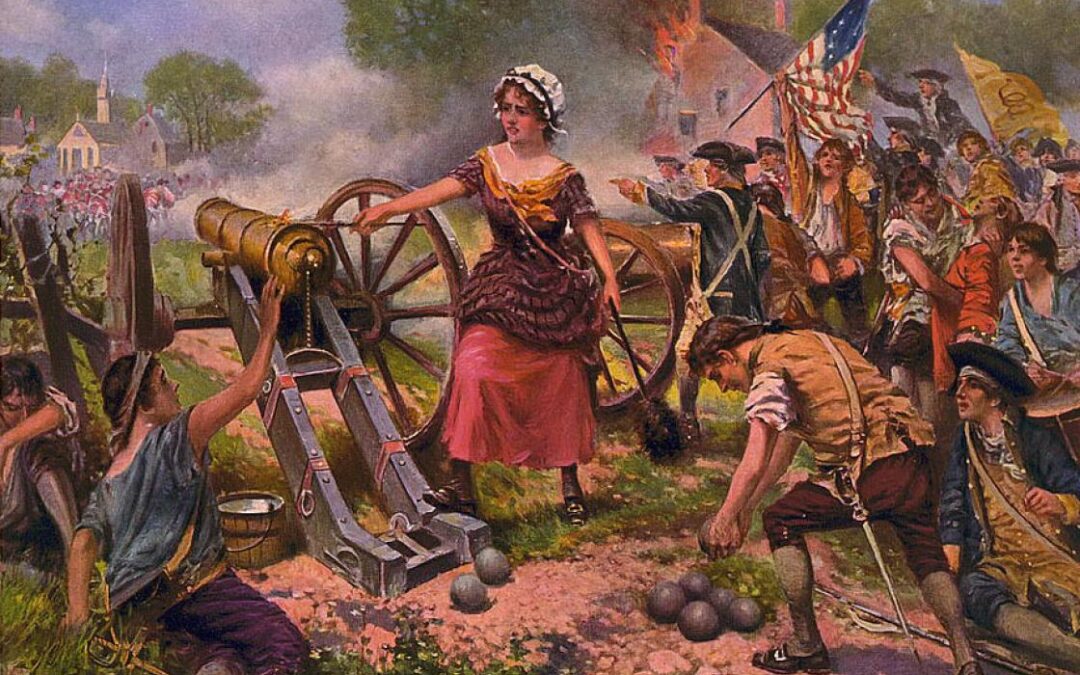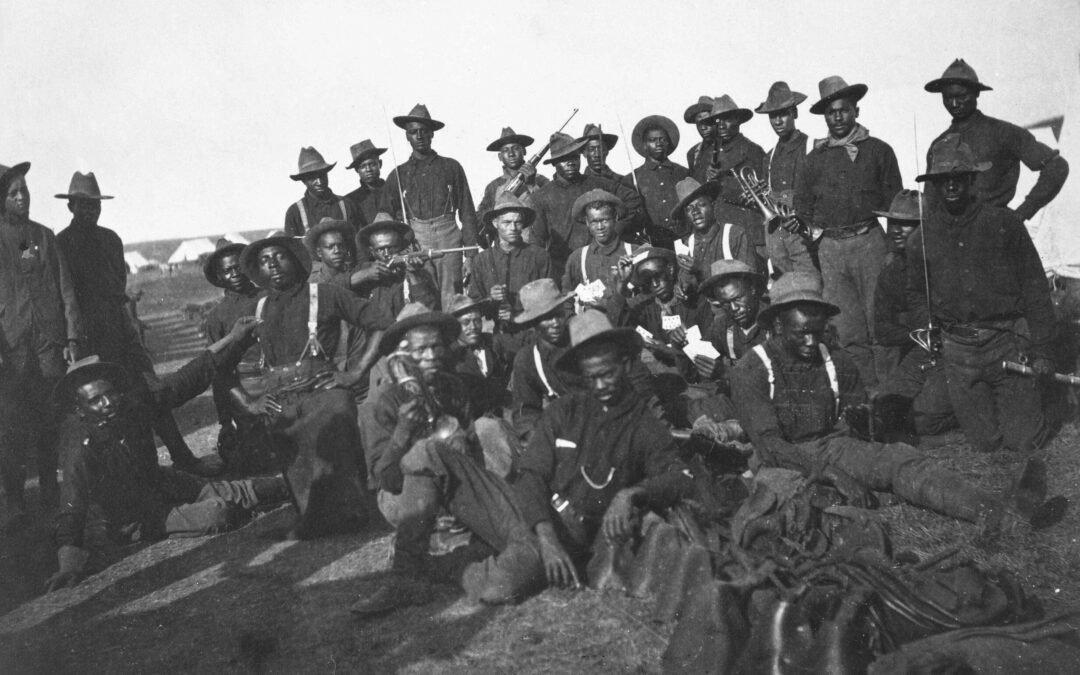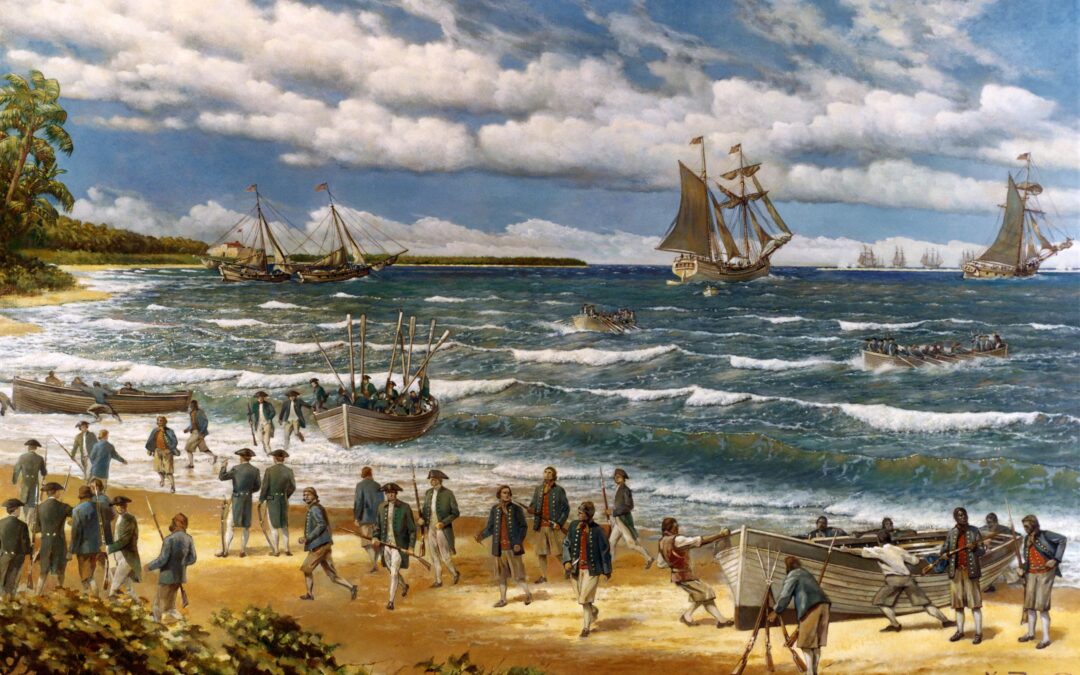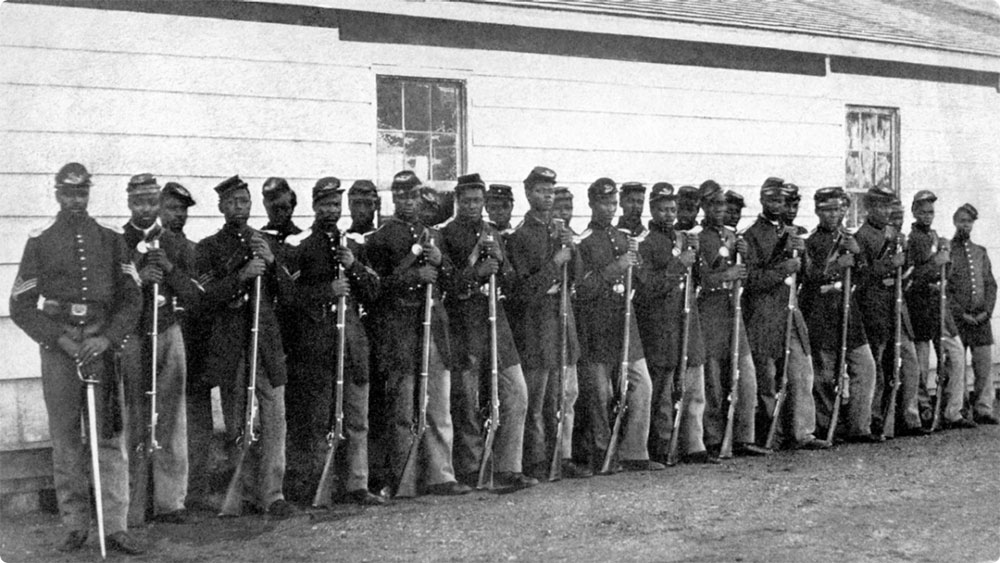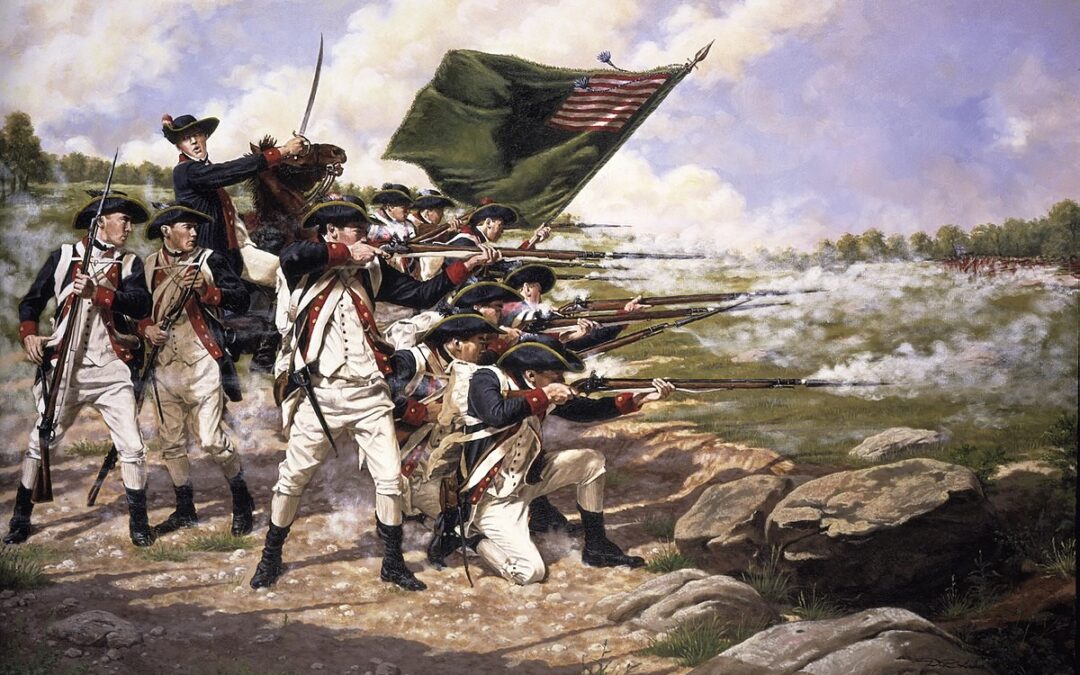The Revolutionary War Battle at Guilford Courthouse in North Carolina is not just an important moment for American independence; it's a good lesson for everyone to remember. There are times when, no matter how hard you fight or how badly you want to win, you might still lose. But that loss could lead to an even more important battle—and a greater, more important victory. The British Strategy Before the Battle at Guilford Courthouse After its 1777 loss at the Battle of Saratoga, the British Army's strategy to put down the colonial rebellion refocused on the south, where support for the mother country was strongest. Although the campaign itself was more successful than in the north, the British under Lord Cornwallis still suffered some heavy defeats. American militia held their ground at Cowpens, and the collapsing British lost a quarter of their overall strength in the southern colonies. Focused solely on destroying American Nathaniel Greene's Army, Cornwallis burned his baggage...
